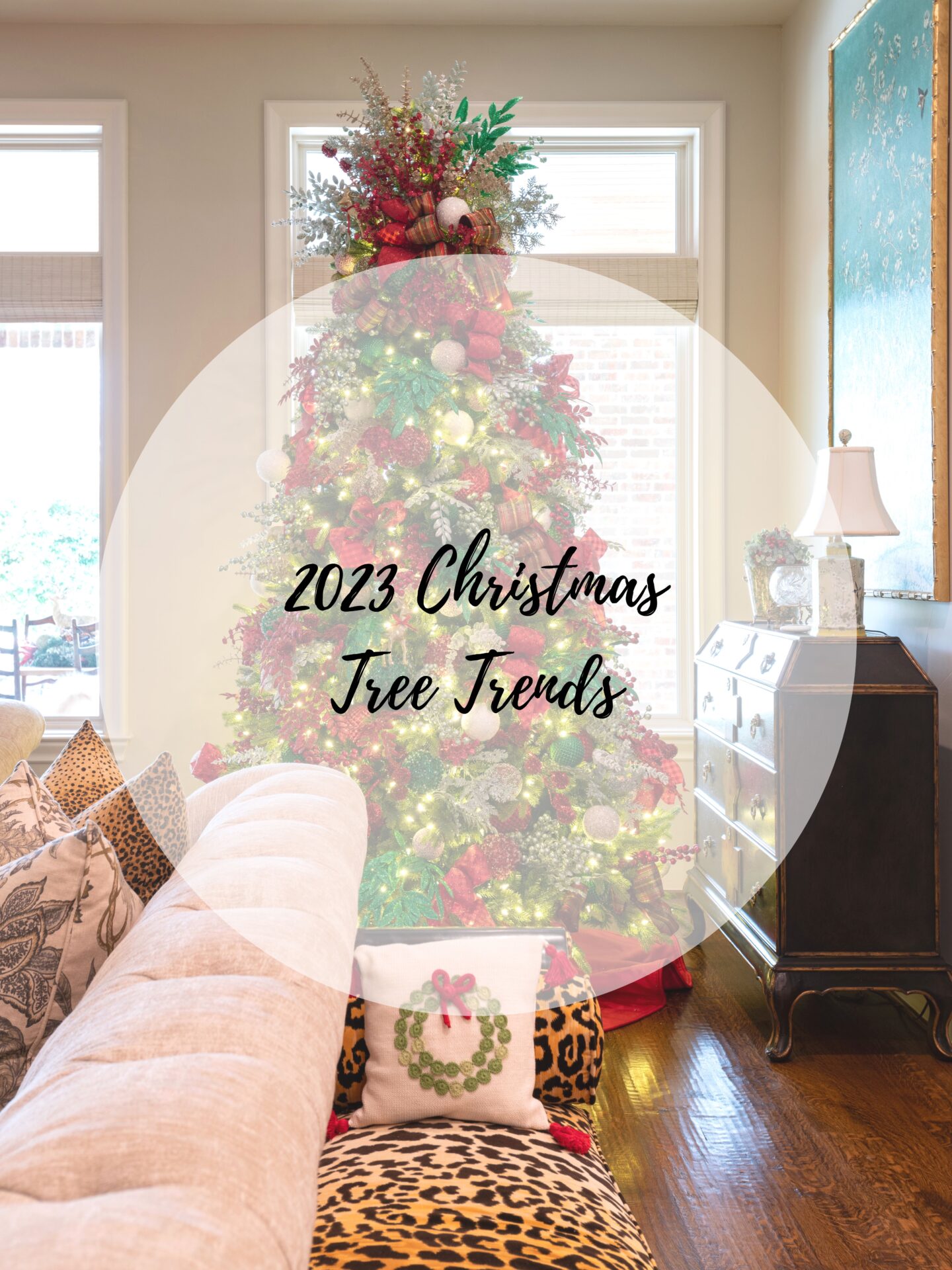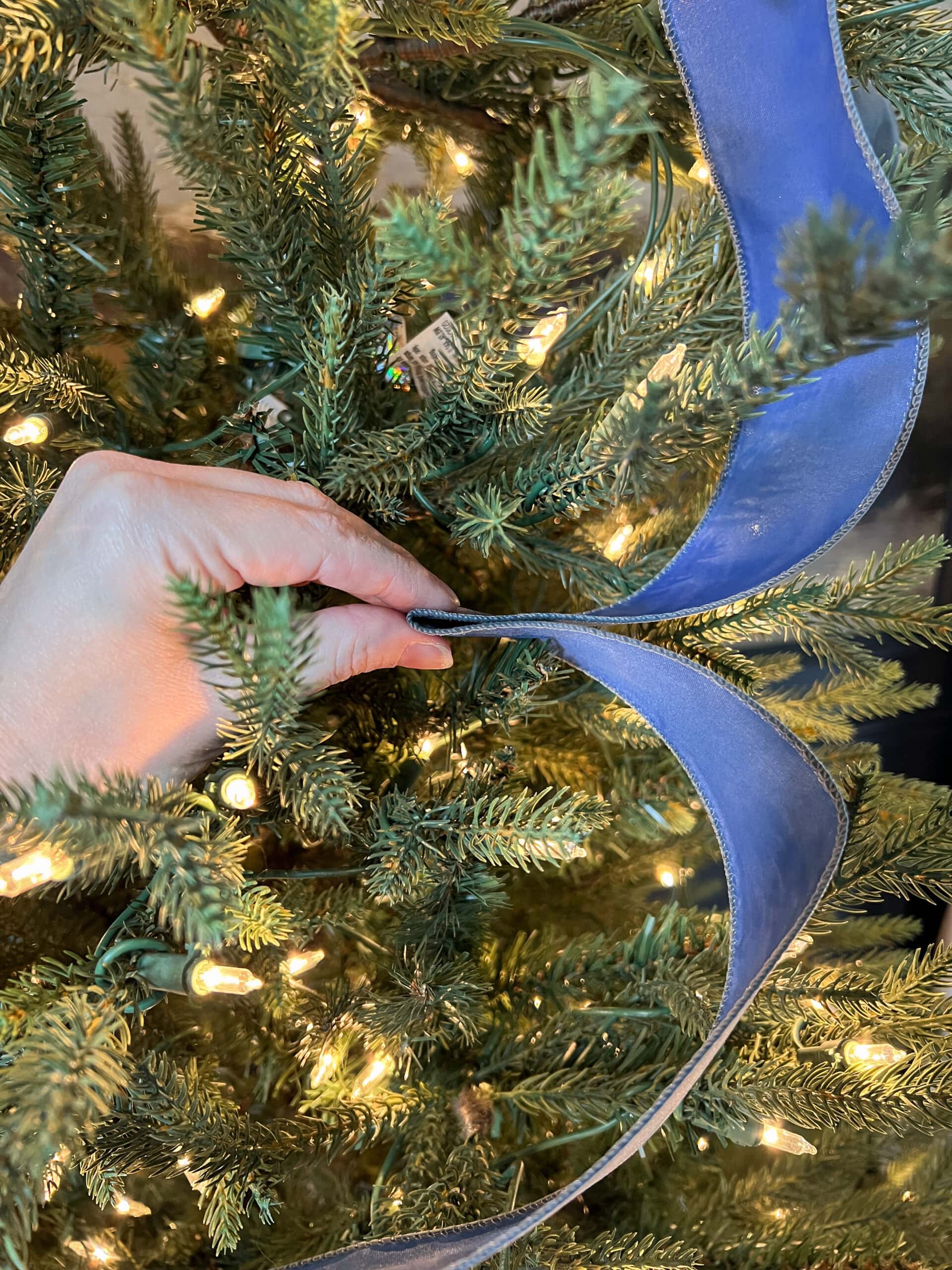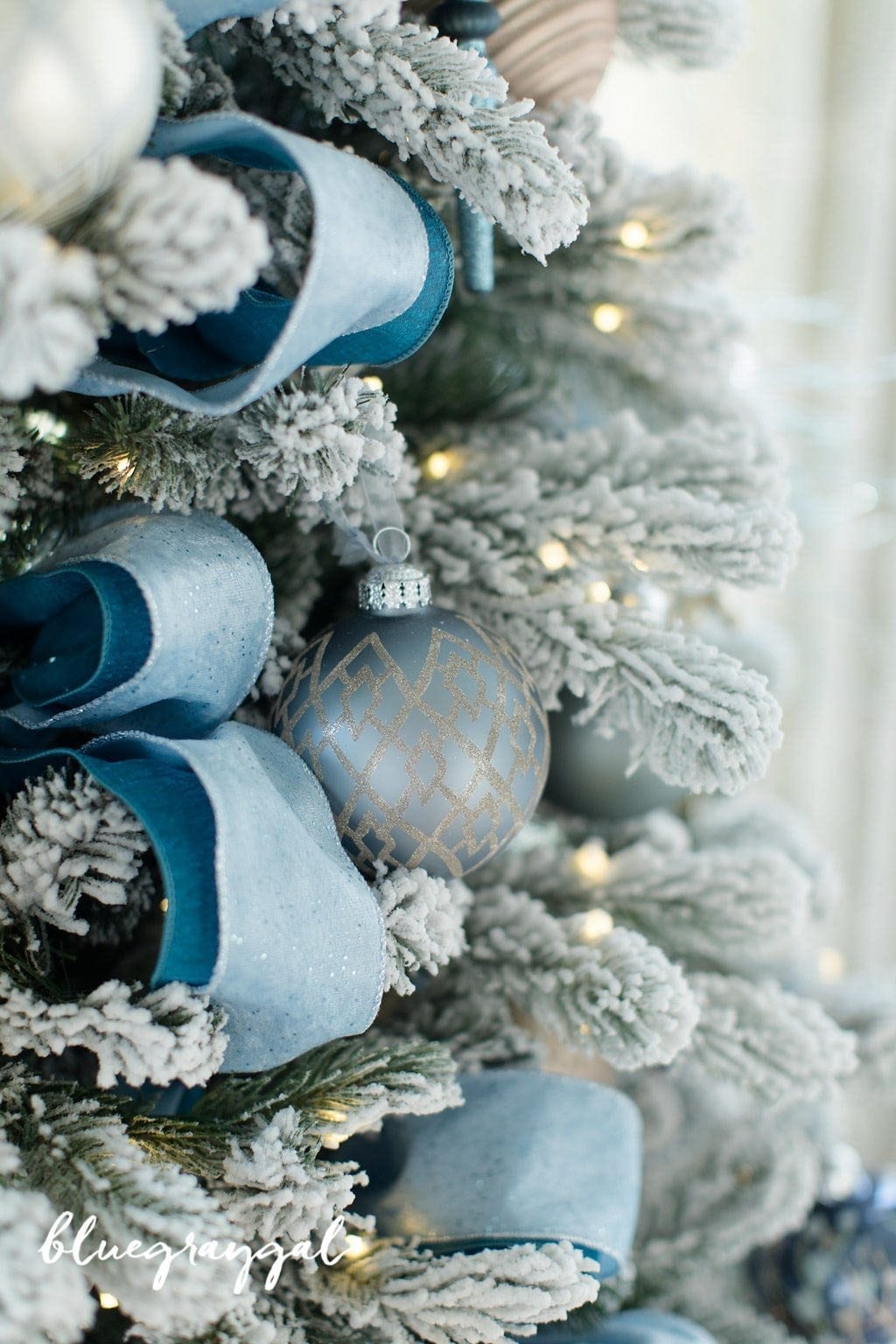Christmas Tree Decorations: A Historical Journey

The festive season brings with it an array of traditions, among which the decoration of the Christmas tree holds a cherished place. This custom, which has evolved over centuries, is a fascinating blend of history, culture, and creativity. Let's delve into the captivating historical journey of Christmas tree decorations, exploring their origins, evolution, and the modern-day trends that continue to enchant families around the globe.
Origins of the Christmas Tree


The practice of decorating trees during winter festivals predates Christianity. The ancient Egyptians, Romans, and Druids had their own versions of tree veneration. However, the tradition that most directly influenced the Christmas tree as we know it today originates from Germany in the 16th century.
- Ancient Traditions: Evergreen trees were seen as symbols of life amidst winter’s death.
- Germanic Customs: Families would erect and decorate trees to celebrate the winter solstice, which was later adapted into Christian festivities.
Early Decorations

The first decorations were simple but symbolic:
- Apples: Representing the forbidden fruit from the Garden of Eden.
- Nuts: Symbolizing the hope of new life.
- Straw Stars: A nod to the Star of Bethlehem.
🌟 Note: These early decorations were often homemade and crafted from natural materials available during winter.
18th and 19th Century Developments


As the Christmas tree tradition spread, so did the sophistication of decorations:
- Candles: Initially, real candles were used to mimic stars, though this was quite dangerous!
- Glass Ornaments: Glassblowers in Germany began creating baubles to mimic fruit, leading to the mass production of glass ornaments.
- Paper Chains: A Victorian addition to create the illusion of lush foliage.
- Victorian Era: The introduction of tinsel, made from silver, and the use of electric lights in the late 19th century transformed Christmas tree decoration.
20th Century to Modern Times

The 20th century witnessed several shifts in Christmas tree decoration trends:
- Commercialization: The rise of mass production allowed for a plethora of new ornaments and decorations.
- Themed Trees: From minimalist to extravagant, themed decorations became popular.
- Artificial Trees: Introduced in the 1930s, these became common due to their convenience and cost.
| Decade | Innovations |
|---|---|
| 1950s | Bubble lights, revolving tree stands |
| 1960s | Plastic ornaments, aluminum trees |
| 1970s | Flocked trees, handmade decorations |
| 1980s - 2000s | Fiber optic trees, pre-lit artificial trees |
| 2020s | Smart lighting, eco-friendly decorations |

Contemporary Trends


- Minimalist Design: Less is more, with simple color schemes and modern ornaments.
- Eco-Friendly Decorations: Using sustainable materials like felt, wood, and natural fibers.
- Personalization: Ornaments that reflect personal interests, achievements, or family photos.
- Interactive and Tech-Savvy Trees: Incorporating technology for a more immersive experience.
In wrapping up our exploration of the historical journey of Christmas tree decorations, it's clear that this tradition has not only survived but thrived through the ages. From the humble beginnings with natural fruits and nuts to the dazzling array of lights and personalized ornaments of today, each era has left its mark on this cherished practice. The Christmas tree continues to evolve, adapting to new technologies, societal changes, and individual expressions of holiday spirit, ensuring that this centuries-old tradition remains as relevant and magical as ever.
What was the first Christmas tree decoration?

+
The first recorded Christmas tree decorations were apples, nuts, and straw stars, which symbolized the Garden of Eden and the Star of Bethlehem.
How have Christmas tree lights evolved?

+
From real candles in the 17th century to electric lights in the late 19th, and now to smart LED lights, tree lighting has become safer and more diverse, offering everything from energy efficiency to color-changing capabilities.
Why did artificial trees become popular?

+
Artificial trees gained popularity due to their convenience, lower cost over time, and the reduced environmental impact of not cutting down live trees each year.